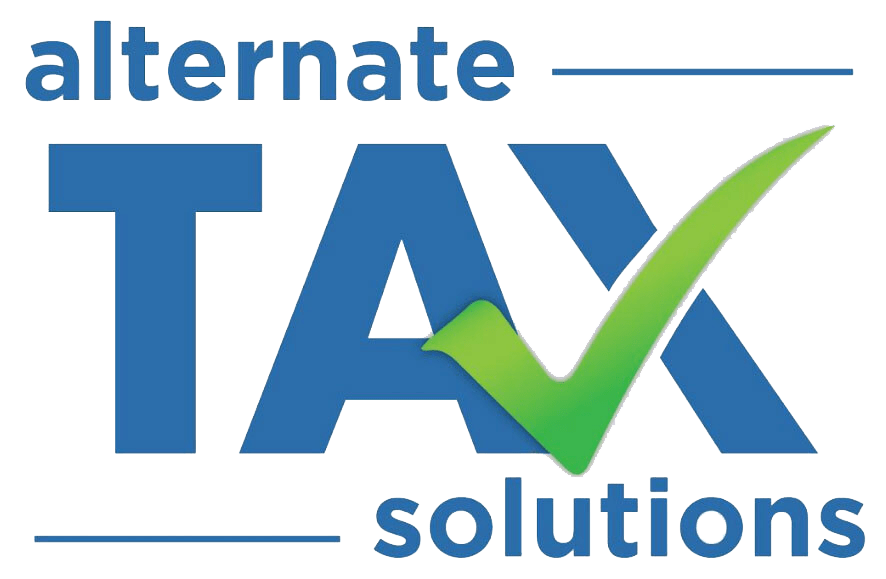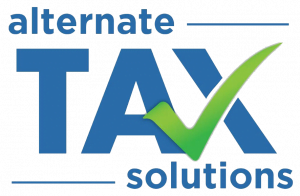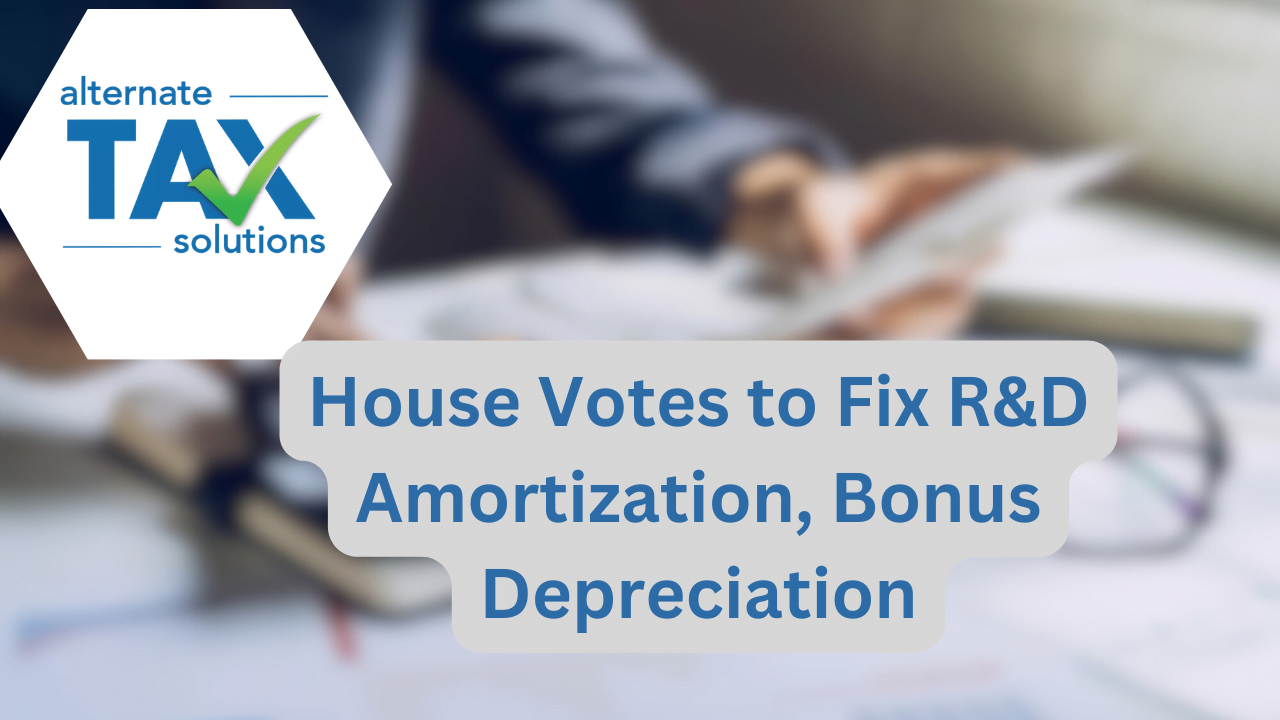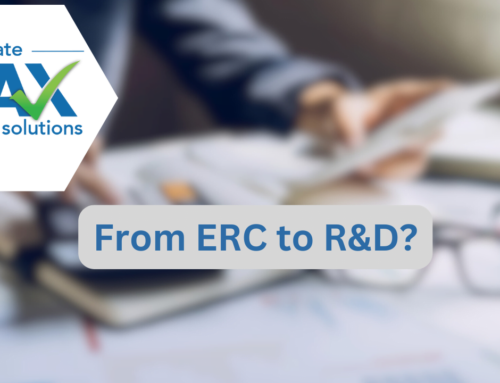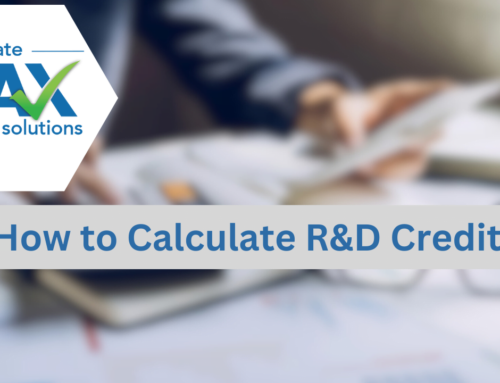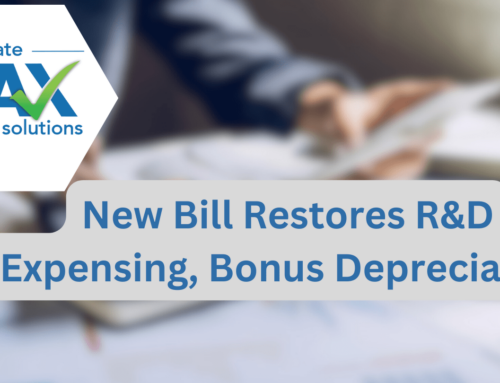2.1.2024
Last night, the House of Representatives passed the Tax Relief for American Families and Workers Act. The Bill contains several provisions that will have positive impact on businesses of all sizes. Most notably it restores the ability to immediately deduct R&D expenses (through 2025). The Tax Cuts and Jobs Act had contained a provision that eliminated the ability for all companies to immediately deduct R&D expenses, making the US least tax-friendly place to perform R&D in the developed world.
The Bill passed the House in an after-hours vote with wide bi-partisan support, receiving 357 votes for and 70 against. Most of the members who voted nay were from the freedom caucus who disagreed with the provisions to expand the Child Tax Credit, and from the far Left who thought that the Bill did too much to help “big corporations” and not enough to help struggling families.
Other key provisions in the Bill include:
- Reinstatement of bonus depreciation to 100% until 2026,
- The Bill Is retroactive to 2022, meaning taxpayers will be able to deduct all R&D expenses that were previously amortized,
- Restored the ability to allow depreciation, amortization, and depletion when determining the limitation on business interest expense deductions under Section 163(j)
- Extended the period in which the IRS can audit ERC claims to six years and terminates the ability to submit any ERC claim after January 31, 2024.
The Bill now goes to the Senate where Finance Committee Chairmen Ron Wyden (D-OR) and Majority Leader Chuck Schumer have vowed to take action on it as soon as possible. If passed by the Senate, it is expected the President Biden will sign the Bill into law.
ATS Takeaways
The wide bi-partisan majority achieved in the House should bode well for a Senate vote. However, there remain several objectors from various caucuses in the Senate:
Far-Right: Some Republican senators oppose the expansion of the Child Tax Credit. Senator Chuck Grassley (R-IA) has voiced objection to the Bill since it might make President Biden “look good” in an election year.
Far-Left: Some Democrat Senators oppose the Bill since they believe it does too much to help “big corporations” and does not go far enough in expanding the Child Tax Credit.
NY Delegation: NY Senators and House Members have raised concerns about the since it does not address the SALT limitation which impacts New Yorkers with high property values and state taxes. These members did not carry enough objection to make any waves in the House, and with Chuck Schumer (D-NY) in support of the Bill ATS does not think this will be a major issue.
Overall, these objectors may not be enough to deny the Bill’s passage, however, there is still a question of if the Senate will vote on any amendments, thus possibly requiring the Bill to go through a conference committee to reconcile with the House. In ATS’ opinion, the major hurdle for this legislation was whether the speaker would introduce it onto the House Floor for a vote amidst objections from the Freedom Caucus. That hurdle has been cleared.
While it is retroactive, the Bill does not provide guidance for how taxpayers should treat R&D expenses that were amortized in 2022. Taxpayers and preparers may want to consider extending tax filings if they are impacted by the R&D amortization requirements to await further guidance.
ATS will be watching the Senate closely and will provide more updates on this crucial piece of legislation as it progresses.
